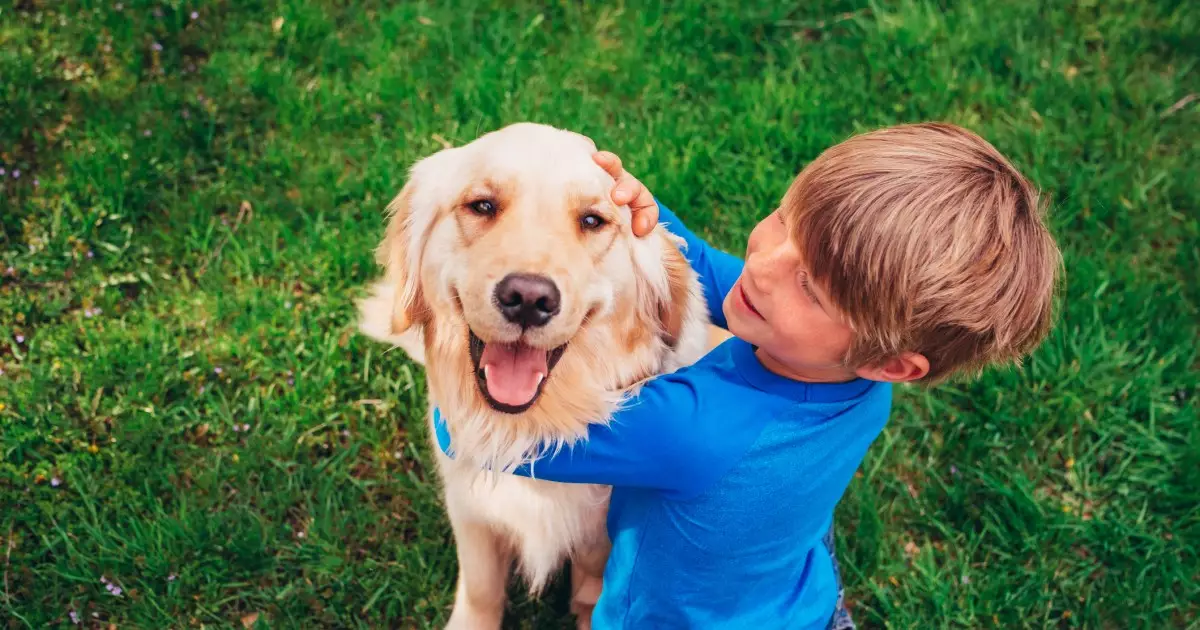The world of canine companions is often accompanied by a myriad of personality stereotypes. Owners frequently associate specific traits with particular dog breeds, leading to generalizations that can be both charming and misleading. For instance, Golden Retrievers are commonly viewed as epitomes of friendliness, while Shih Tzus are often labeled as dignified yet aloof. Chihuahuas may evoke images of skittishness, whereas Collies are seen as affectionate. While these perceptions may stem from observations, they oversimplify the complex nature of canine behavior—a reality that dog owners must navigate.
As ingrained as these stereotypes may be, they prompt an essential discussion regarding the roots of dog behavior—specifically, whether these traits have a genetic basis. Do specific dog breeds, through their genetic makeup, inherit certain behavioral predispositions? This question formed the crux of a comprehensive study aimed at unraveling the intricate interplay between genetics and canine personality.
Conducted by Dr. Evan MacLean of the University of Arizona and Dr. Noah Snyder-Mackler from the University of Washington, the research study analyzed a remarkable cohort of 17,000 dogs across various breeds. The duo sought to correlate these dogs’ behavior with genetic information extracted from 5,700 specimens. Utilizing the Canine Behavioral Assessment & Research Questionnaire, the researchers identified a staggering 14 distinct personality traits linked to 131 sections of dogs’ DNA, unveiling connections between genetics and behavioral tendencies.
Among the findings, three primary traits emerged as particularly heritable across dog breeds: trainability, tendencies toward chasing, and levels of aggression. In addition, further inherited traits included fearfulness in unfamiliar settings, attention-seeking behaviors, hypersensitivity to touch, and energy levels. This compelling evidence suggests inherent differences in how breeds behave—echoing the notion that dogs have been selectively bred to perform specific functions, influenced by their historical roles.
Despite establishing links between genetics and breed-specific behaviors, the research underscores an essential caveat: behavior is not predetermined. Even with heritable traits, individual variations abound. The researchers assert that training, upbringing, and care markedly shape how a dog expresses its predisposed characteristics. Dr. MacLean emphasizes a vital point, stating that while breed tendencies may suggest expected behavior, they are not definite indicators for every individual canine.
This notion serves as a powerful reminder that an owner’s influence is significant. For pet parents, this means that even breeds traditionally characterized by specific traits can exhibit stark contrasts in behavior. An aggressive Golden Retriever or a boisterously outgoing Shih Tzu are not anomalies in the context of individual variance. Thus, dog owners must recognize that a careful approach to training and socialization can ultimately steer dogs toward desirable behaviors, irrespective of preconceived notions tied to their breed.
The recent study builds upon existing research indicating a genetic basis for behaviors historically linked to friendliness. Prior findings revealed that certain genetic mutations may underlie the distinct social tendencies observed in dogs compared to their ancestral wolves. These mutations could provide insights into why dogs exhibit a degree of sociability and affection toward humans, a characteristic less common in wild canines.
The correlation between particular genetic attributes in dogs and similar traits in humans engaged further speculation. For instance, individuals diagnosed with Williams-Beuren syndrome, known for heightened social friendliness, share variations in the very same genes identified in dogs that promote affectionate behaviors. This intriguing connection hints at how these genes might reflect evolutionary pathways that enhance social bonds between dogs and humans.
The investigation into the relationship between genetics and dog personality illuminates an age-old debate surrounding breed behavior. While the study offers valuable insights into breed predispositions, it ultimately highlights the complex tapestry of influences that shape a dog’s personality. Pet owners must embrace the notion that, while genetic traits may provide a framework, a dog’s environment and upbringing are paramount in determining individual behavior.
In essence, being aware of a breed’s average traits can guide prospective dog owners, but it cannot serve as a definitive blueprint. To nurture their furry companions effectively, owners must engage in responsible training and socialization—ensuring their dog’s unique personality flourishes within the rich diversity that defines the canine world.


Leave a Reply